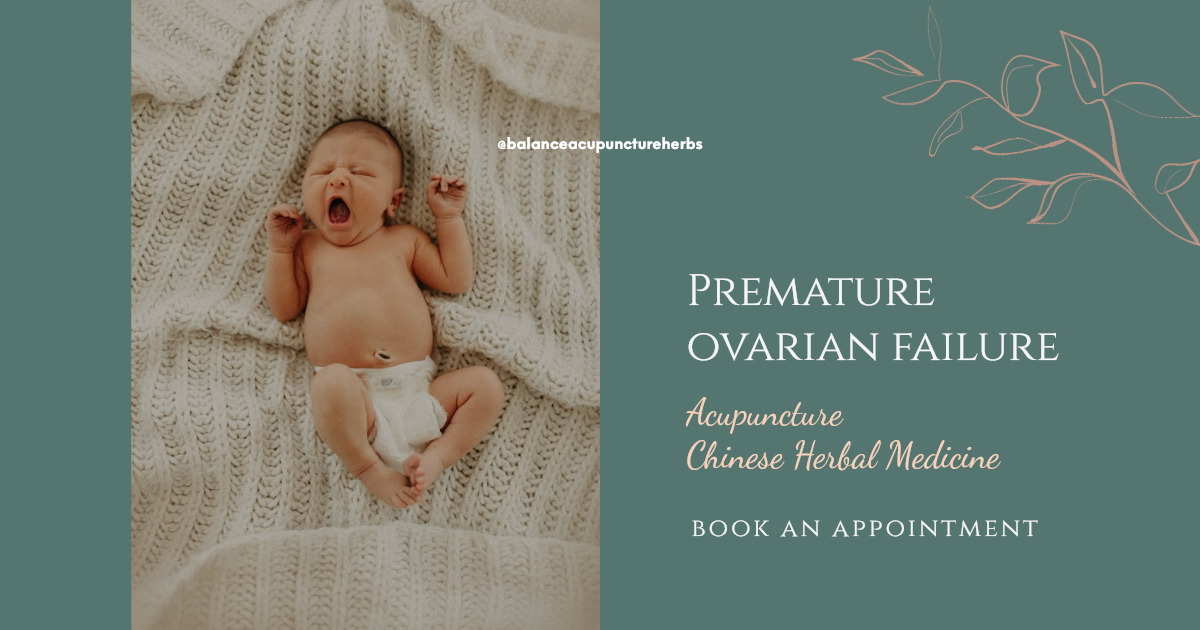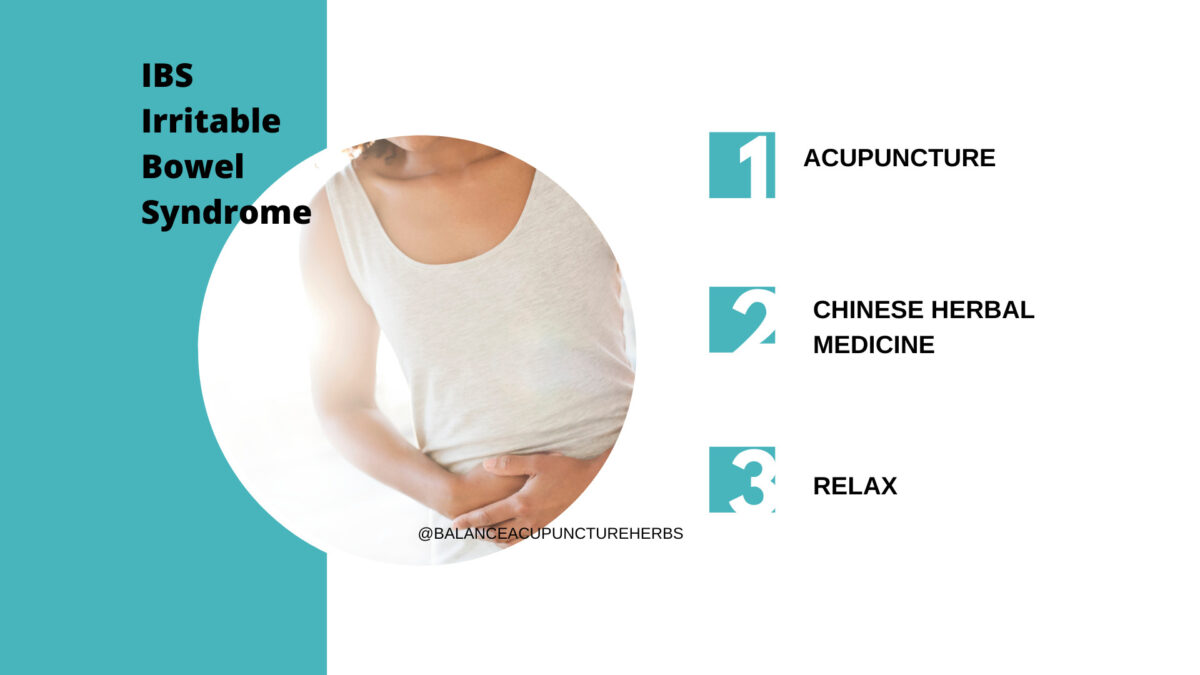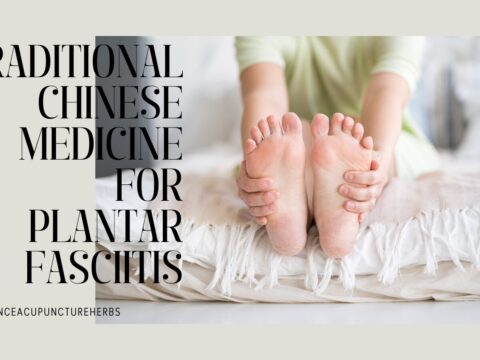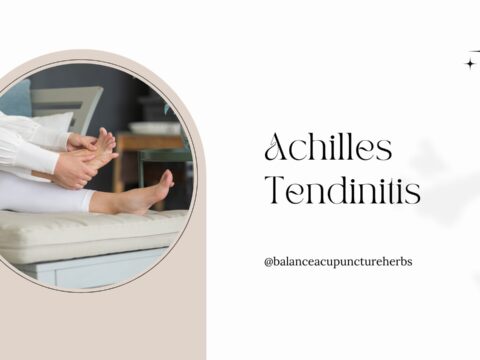
Catch a Cold? What Can You Do About It?
January 25, 2023
Premature Ovarian Failure in TCM
February 21, 2023|
Getting your Trinity Audio player ready...
|
Acupuncture for Irritable Bowel Syndrome
People occasionally experience abdominal pain, diarrhea, and constipation. However, if the occurrence is frequent and affects their daily life, many people will do stool tests and colonoscopies for peace of mind. If the report is normal, but the symptoms are particularly aggravated when you are stressed, you may suffer from “irritable bowel syndrome.”
Why do I suffer from “Irritable Bowel Syndrome”?
In urban patients, liver depression and spleen deficiency are more common. Due to work and life pressure, the patient’s emotions cannot be relaxed, the liver’s catharsis function is abnormal, and the spleen and stomach function is weak. As a result, liver qi takes the opportunity to invade the spleen and stomach. The qi movement of the body is not well adjusted, leading to abdominal pain, abdominal distention, chest tightness, belching, and less food. After diarrhea, the qi movement is temporarily relieved, and the pain is reduced.
On the other side are patients with spleen deficiency and kidney yang syndrome. Due to the debilitation of the life gate fire, the spleen yang cannot be warmed, resulting in insufficient warming function of the spleen and disordered transportation and transformation, and dampness accumulates in the intestines and stomach, resulting in loose stools.
Some patients may also suffer from a dry constitution and liver stagnation that turn into fire, resulting in a lack of intestinal fluid and loss of moisturization. Therefore, stools will accumulate in the intestinal tract, causing constipation, accompanied by symptoms such as fullness in the chest and hypochondrium, bitter taste in the mouth, and vexation.
Traditional Chinese Medicine
The primary purpose of treatment is to relieve pain and adjust bowel habits. Generally, traditional Chinese medicine and acupuncture are the main treatments. The treatment method is to soothe the liver, regulate qi and invigorate the spleen. However, Chinese herbal medicine combined with acupuncture is more effective in treating the symptoms of irritable bowel syndrome. The principle is to revitalize the spleen, replenish qi, and regulate the flow of qi to make the conduction normal.
Self-care
- “Irritable bowel syndrome,” after conditioning and treatment, the prognosis is good. Because it is often related to diet, emotions, living habits, and physical fitness, in addition to traditional Chinese medicine treatment, proper prevention and conditioning can also improve the condition. Keep your mood comfortable.
- . This disease is mainly related to emotions. Traditional Chinese medicine treatment and emotional recuperation can improve symptoms more effectively. You can listen to more music or do more things you like to relax your mind. Family members can also cooperate and provide more explanations so that patients can maintain a cheerful mood and face it positively.
- Diarrhea type: Light diet. The diet should be light and easy to digest, such as white porridge; avoid fatty, raw, and cold products, milk, walnuts, sesame, and other intestine-moistening foods.
- Constipation type: Eating more high-fiber fruits and vegetables and drinking plenty of water is advisable.
- Avoid fatigue
- Do moderate exercise to enhance resistance.
“Irritable Bowel Syndrome” generally has a good prognosis after being treated by traditional Chinese medicine. However, the cause of this syndrome is mental stress and poor diet, so people should pay attention to diet and regulate emotions.
Read More:
Talking about Chinese medicine treatment of irritable bowel syndrome.
How to nourish the spleen and stomach?
The World Health Organization recommends acupuncture for these diseases, symptoms, or conditions
Chronic Fatigue Syndrome-Could You Have ME/CFS?
[wpseo_address show_state=”1″ show_country=”1″ show_phone=”1″ show_phone_2=”0″ show_fax=”0″ show_email=”0″ show_logo=”0″]
[wpseo_map max_number=”undefined” width=”400″ height=”300″ zoom=”-1″ map_style=”roadmap” scrollable=”1″ draggable=”1″ show_route=”0″ show_state=”0″ show_phone=”1″ show_phone_2=”0″ show_fax=”0″]
Reference:
Pei L, Geng H, Guo J, Yang G, Wang L, Shen R, Xia S, Ding M, Feng H, Lu J, Li J, Liu L, Shu Y, Fang X, Wu X, Wang X, Weng S, Ju L, Chen X, Shen H, Sun J. Effect of Acupuncture in Patients With Irritable Bowel Syndrome: A Randomized Controlled Trial. Mayo Clin Proc. 2020 Aug;95(8):1671-1683. doi: 10.1016/j.mayocp.2020.01.042. Epub 2020 Jun 1. PMID: 32499125.
Masuy I, Pannemans J, Tack J. Irritable bowel syndrome: diagnosis and management. Minerva Gastroenterol Dietol. 2020 Jun;66(2):136-150. doi: 10.23736/S1121-421X.19.02640-0. Epub 2019 Dec 9. PMID: 31820883.
Yan J, Miao ZW, Lu J, Ge F, Yu LH, Shang WB, Liu LN, Sun ZG. Acupuncture plus Chinese Herbal Medicine for Irritable Bowel Syndrome with Diarrhea: A Systematic Review and Meta-Analysis. Evid Based Complement Alternat Med. 2019 Apr 14;2019:7680963. doi: 10.1155/2019/7680963. PMID: 31110553; PMCID: PMC6487118.
Qi LY, Yang JW, Yan SY, She YF, Hu H, Li Y, Chi LL, Wu BQ, Tu JF, Wang LQ, Liu CZ. Effect of acupuncture for diarrhea-predominant irritable bowel syndrome: study protocol for a randomized clinical trial. Trials. 2022 Aug 26;23(1):711. doi: 10.1186/s13063-022-06639-5. PMID: 36028847; PMCID: PMC9419347.
Berger AA, Liu Y, Jin K, Kaneb A, Welschmeyer A, Cornett EM, Kaye AD, Imani F, Khademi SH, Varrassi G, Viswanath O, Urits I. Efficacy of Acupuncture in the Treatment of Chronic Abdominal Pain. Anesth Pain Med. 2021 Mar 17;11(2):e113027. doi: 10.5812/aapm.113027. PMID: 34336622; PMCID: PMC8314076.
Cramer H, Chung VC, Lauche R, Zhang Y, Zhang A, Langhorst J, Dobos G. Characteristics of acupuncture users among internal medicine patients in Germany. Complement Ther Med. 2015 Jun;23(3):423-9. doi: 10.1016/j.ctim.2015.04.009. Epub 2015 Apr 25. PMID: 26051578.
Yaklai K, Pattanakuhar S, Chattipakorn N, Chattipakorn SC. The Role of Acupuncture on the Gut-Brain-Microbiota Axis in Irritable Bowel Syndrome. Am J Chin Med. 2021;49(2):285-314. doi: 10.1142/S0192415X21500154. Epub 2021 Feb 20. PMID: 33622207.
Bhattarai Y, Muniz Pedrogo DA, Kashyap PC. Irritable bowel syndrome: a gut microbiota-related disorder? Am J Physiol Gastrointest Liver Physiol. 2017 Jan 1;312(1):G52-G62. doi: 10.1152/ajpgi.00338.2016. Epub 2016 Nov 23. PMID: 27881403; PMCID: PMC5283907.




